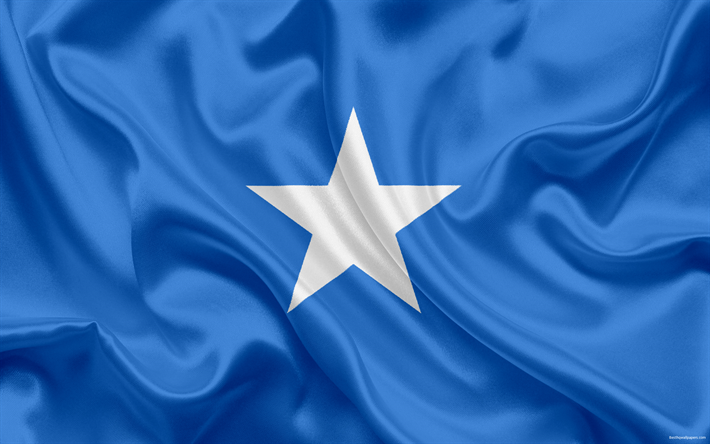By Jabez Yakah, International Correspondent and Researcher
Upon much debate within the federal assembly of Somalia’s government, the majority of parliament has amended the constitution to allow for appointment and dismissal of the Prime Minister by the President, following the proposal made by the Independent Constitutional Review and Implementation Commission (ICRIC).
They unanimously approved four chapters of its constitution on Saturday, paving the way for a new political system in the country.
For almost a decade, this amendment to address power struggle between presidents and prime ministers had been under review. As a result, there had been several political disputes in Somalia. Furthermore, the amendment seeks to promote a multi-party system and ensure fair distribution of basic amenities within regions and clans. In addition, the amendment has made provision for a five-year tenure for government bodies.
Sheikh Adan Mohamed Nur, speaker of Somalia’s lower house or Federal Parliament, presided over the meeting in the capital Mogadishu and announced the vote, saying parliamentarians from both chambers of Somalia’s bicameral legislature unanimously adopted the amendment.

The parliament approved four chapters, which include freedom of expression, women’s representation, and a leadership system.
The new system will give Somalia three national political parties and allow citizens to directly elect the head of state, who will also appoint and fire a prime minister.
Concerns have however been raised about the reforms as some political figures have argued that the consensus needed to have approved the amendments were insufficient.
Rights groups in the Somalia have also raised concerns about the part of the amendment which set the age of maturity at 15 and the age of responsibility at 18. These groups argue that the amendment is likely to increase the rate of child marriage, particularly for girls and have therefore appealed to the authorities to ensure that child rights are protected in a bid to also meed the international rights commitment.
The current constitution only allows the president to appoint the prime minister, but parliament has the authority to remove him.
The vote was held despite widespread opposition from opposition leaders, including former Presidents Sharif Sheikh Ahmed and Mohamed Abdullahi Farmajo.
Somali President Hassan Sheikh Mohamud declared the parliamentary vote, as well as the overhaul of the country’s electoral system and the reintroduction of universal suffrage, to be “historic” for Somalia.
Last year, Mohamud promised to end the country’s complex clan-based indirect voting system, which has been in place for more than half a century.
During Saturday’s vote, the parliament also postponed voting on three constitutional provisions, including the right to life, religious freedom, and the age of maturity.
Visit our website frequently for more updates on Somalia and other African countries.
The Writer is Mr. Jabez Yakah, An International Researcher, and Political Analyst
Source: www.africanews.com , www.aa.com.tr




